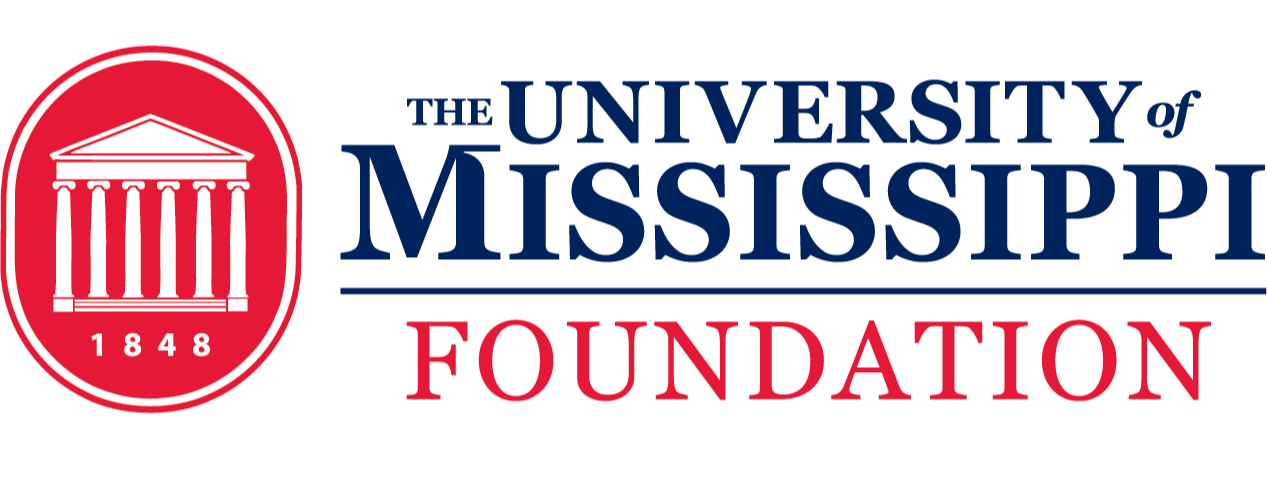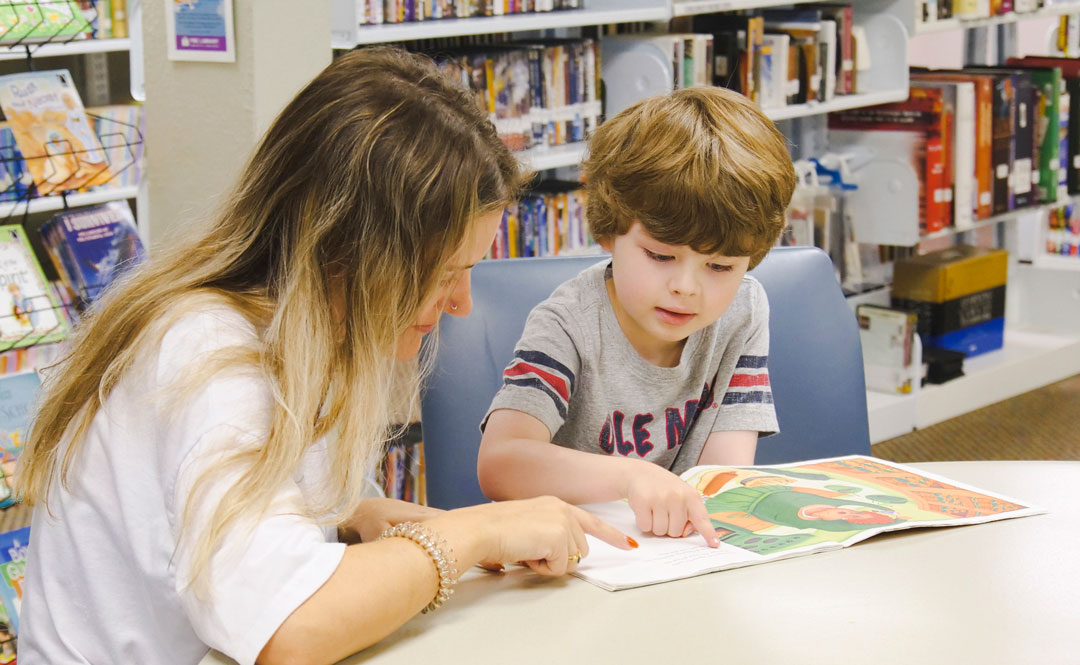The University of Mississippi, the Shelton School of Dallas, Texas, two Mississippi school districts, a former UM professor and an Ole Miss alumnus have joined forces in a fight against illiteracy.
For the next three years, the Shelton School will conduct a pilot program designed to improve literacy in the Oxford and Lafayette County, Mississippi, school districts. Shelton School is the largest school worldwide for students with learning differences and a resource and teacher training center dedicated to making a difference by serving and empowering the lives of students who learn differently.
A gift of almost $1 million from Bob Dorsey, a former UM professor of economics, and his wife, Carol, will support the North Mississippi Literacy Project, which was introduced to the schools by UM’s McLean Institute for Public Service and Community Engagement.
“So many children fall behind before they get a good start in school because they have learning and developmental challenges and need a different approach,” Carol Dorsey said. “This program will give teachers the tools to engage these students from the start so they can succeed.”
Albert Nylander, director of the McLean Institute, said the Dorseys’ gift will be transformative.
“This is a wonderful life-changing opportunity that the Dorseys are providing for young students. Over 2,000 students will be impacted by their commitment to entrust the McLean Institute, the Shelton School and our local school districts with these resources,” he said. “I look forward to sharing the impact and results with them.”
Implementing a program to help Mississippi students who learn differently is the brainchild of Ole Miss alumnus Phillip Wiggins, founder and CEO of Stratford Land Co. in Dallas, whose three children attended the Shelton School to improve their reading skills.
“When my oldest son, Davis, went to Shelton, he read in the 20th percentile in the nation. He was basically illiterate,” said Wiggins, a 1977 graduate of the College of Liberal Arts and a Rebel tennis player. “He had no letter memory. Every time he saw a letter, he was seeing it for the first time.”
When Davis Wiggins left Shelton in the ninth grade to enter mainstream schools, his reading had improved to the 86th percentile. He went on to earn undergraduate and graduate degrees and now works in the family business.
“About 30% of the populace learns differently,” Phillip Wiggins said. “They don’t learn in the way that they’re being taught in public schools.”
Having served as chair of both the Shelton School and McLean Institute boards of directors, he recognized that Mississippi had limited options for illiterate children. And personally understanding that a student’s challenge can be due to processing, not intellect, Wiggins approached Joyce Pickering, Shelton’s executive director emerita, to gauge her interest in starting a literacy program in Mississippi using a proven curriculum she wrote.
“I said, ‘Yes, that’s exactly what our outreach department does,’” recalled Pickering, now working as director emerita in Shelton Outreach for teacher training. “We train teachers all over the world specifically in working with children who have learning differences, including dyslexia, ADHD, oral language disorders, math disorders, speech and language disorders – all of these kinds of processing problems.”
The pieces of the pilot program simply fell into place, Wiggins said. With introductions coordinated by Nylander, the school districts came on board and with a connection arranged by Denson Hollis, then executive director of development, the Dorseys offered their support.
“Having a child who struggled in school certainly made me realize that even the smartest kid can have a disability of some sort, a difference that singles them out. No matter how smart they are, they can’t learn like everybody else,” said Carol Dorsey whose late son, Adam, had dyslexia.
“He was very bright but he couldn’t see the way everyone else saw, so he couldn’t keep up in class. He did not learn to enjoy reading until he was about 25 years old. The miracle is that he got a two-year degree at a junior college and was able to find ways he could succeed, but it wasn’t through reading.
“Adam had to find his own ways of learning,” she said. “It shouldn’t be so hard.”
If all goes as expected, the North Mississippi Literacy Project will make life easier for children with learning differences. Shelton staff will conduct workshops for the districts’ 130-plus teachers of pre-K through second-grade students, training them to use the multi-sensory structured language program “SEE” (Sequential English Education), which Pickering wrote. This method has been used to teach all children to read, write and spell, providing a solid foundation for the development of literacy skills.
Intervention before children reach third grade is the key to keeping students who learn differently from falling behind their peers, Pickering explained. To identify each child’s skills, abilities and strengths, the project screens all the students. The resulting data then helps teachers identify the right learning strategy to implement for every child in the classroom.
“It’s very compelling to me that this program provides a safety basket of tools and strategies for these kids so they don’t fail,” Dorsey said.
Shelton faculty member John Hodges will move to an office within the McLean Institute to be the director of the North Mississippi Literacy Project, supervising the pilot program for its three-year duration. Hodges is a certified academic language therapist and a Shelton-certified instructor of the SEE program. He is on the board of directors of the Academic Language Therapy Association and has served on the Dallas branch of the International Dyslexia Association. He also works as an adjunct professor at Dallas Baptist University.
The Dorseys’ gift will support Hodges’ salary, benefits and move to Mississippi as well as the curriculum’s training and testing materials, essentially covering the program’s budget for the first year.
“It’s a very important project, and we are so grateful to the Dorseys for understanding and feeling that this is worthwhile,” Pickering said. “It’s just a wonderful opportunity to help a lot of children and teachers.”
Wiggins agreed: “The Dorseys’ gift could end up making a huge difference not only in the state but also in the Southeast as more and more school districts adopt the curriculum.”
The hope for now is that the project will continue in Mississippi public schools beyond the three-year pilot.
“Our goal is to work ourselves out of a job,” Pickering said. “When teachers have something that works and helps them help children, they don’t give it up easily.”
For more information on supporting the North Mississippi Literacy Project, contact Charlotte Parks, vice chancellor for development, at 662-915-3120 or cpparks@olemiss.edu.
By Bill Dabney

